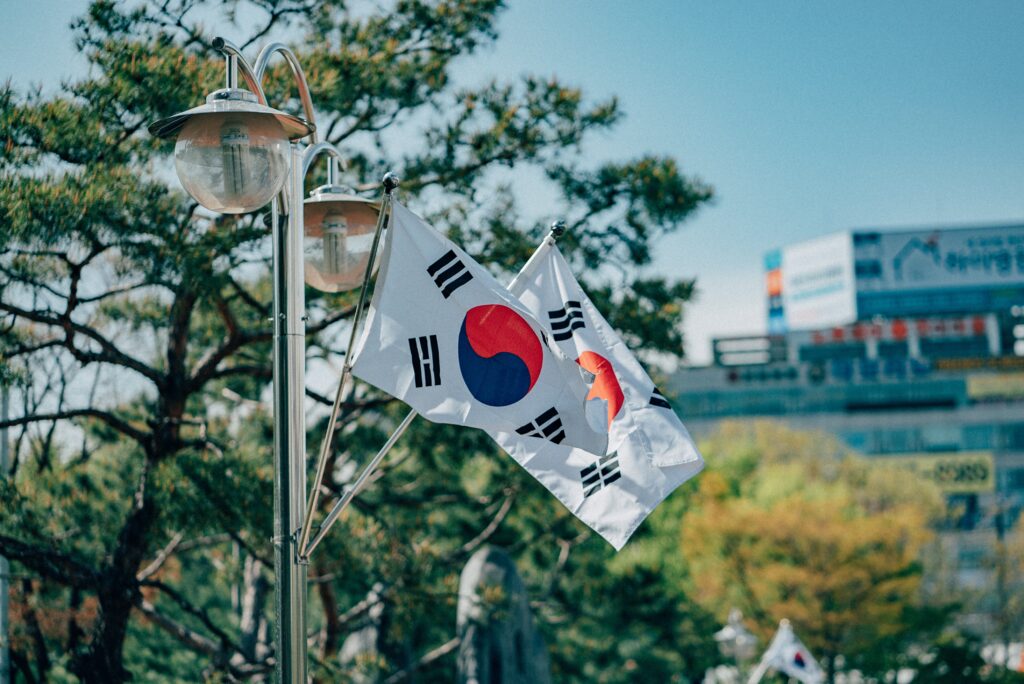“True Beauty,” “My ID is Gangnam Beauty” and “All of Us Are Dead” — if these titles sound familiar, that’s because they’re the names of television shows that have brought Korean culture to the forefront of modern entertainment. “All of Us Are Dead” was on the Netflix Top Ten list globally for several weeks in a row, an obvious indicator of its popularity.
“True Beauty” was hotly anticipated even before it hit screens. 2018’s “My ID is Gangnam Beauty” had a high level of viewership within South Korea and was labeled “the most memorable TV series of the summer” by The Korea Herald.
What do all these shows have in common? They began as adaptations of South Korean webcomics, comics published online in digitally interactive modes.
Webcomics are available all over the Internet and are produced by creators in many different countries. Yet it’s the South Korean version of webcomics, usually called webtoons (a mash-up of the words “webcomic” and “cartoon”), that have spearheaded the popularity of the art form and actively brought Korean culture to the world.
Webtoons are the selling point of many digital platforms: WEBTOON, Tapas, Manta and Tappytoon, among others. Their growing presence in the online space hasn’t gone unnoticed.
Established entertainment publications like Variety have labeled South Korea’s webtoons as “the next big thing in the global K-culture takeover.” The Hollywood Reporter has even commented on the marketability of webtoons for the global economy, calling them “hot properties” that have captured the attention of China’s expansive film industry and more than 18 million foreign users of Korean platform Naver’s webtoon services.
Although many of these webtoons were originally written in Korean, English translations are available, usually through the assistance of hired translators and proofreaders. Translators should be credited with bringing webtoons beyond the domestic national market of South Korea and into English-speaking (and other) markets worldwide, a reach that has increased global awareness of Korean culture.
Creators, both the original authors and the translators, deserve monetary compensation for their work, which means that reading webtoons online is often not free. However, these business models seem to be relatively effective thus far. According to 1-Stop Asia, the Korean webtoon market is worth around a hefty 368 million dollars.
Manta, a webcomics app, operates on a subscription basis, where a subscriber can access all of the platform’s currently available webcomics by paying $3.99 per month. WEBTOON, on the other hand, requires consumers to purchase coins. These coins can then be used to purchase selections of episodes within each webcomic, rather than providing access to all of the webcomics at once.
Upon entering these platforms, one will discover that there are a wide variety of genres that cater to audiences’ diverse tastes. From mystery to thriller to romance, each platform houses multiple types of webcomics. With the expansive selection of content, it’s no surprise that entertainment studios and companies have begun noticing the immense amount of intellectual property on these platforms, especially when the content often speaks to relevant social issues.
For example, “True Beauty” was originally a webtoon by Yaongyi. It centers on a high school student named Im Jugyeong who is initially bullied for her ugliness until she learns the art of makeup. Jugyeong finds that makeup can transform her into a whole new person, and she begins assuming the persona of a beautiful, flawless girl — until a popular male student named Suho finds out what Jugyeong looks like without makeup. In order for Suho to keep her secret, Jugyeong agrees to be his servant, setting off an entertaining sequence of high school drama.
The webtoon was widely popular with millions around the world, and “True Beauty” was adapted into a Korean drama starring popular K-pop male idol Cha Eun-woo and actress Moon Ga-young. It was praised by audiences for its social messaging about South Korean society’s preoccupation with outer appearance.
Although often marketed for teenagers, similar webcomics have tapped into pre-existing issues in South Korean society. “My ID is Gangnam Beauty,” another beauty-centered webcomic, focuses on Kang Mi-rae, a college student who is stigmatized for having plastic surgery. Plastic surgery has long been a contentious topic in South Korea, and, similar to “True Beauty,” the drama tapped into those concerns about conformity to strict beauty standards as a means of social status.
Although a completely different genre than “True Beauty” and “My ID is Gangnam Beauty,” the Netflix survival-horror zombie show “All Of Us Are Dead” also provides social commentary. Adapted from the webtoon of the same name, the show follows a group of high schoolers struggling to survive when their high school succumbs to a zombie virus.
It was noted for containing implicit statements about the police’s lack of intervention and disregard of the teenagers — a message thought to allude to South Korea’s 2014 Sewol Ferry tragedy, in which 250 Danwon High School students perished after the ferry’s captain and members of the crew abandoned the ship without evacuating the passengers.
Webtoons and their stories are becoming the next face of South Korean entertainment. By representing different aspects of South Korean society, webtoons not only amplify conversations about social issues but also serve to positively reinforce the global nature of their audience.
In the maneuvering of the digital space and the Internet to create content, South Korea has shone a spotlight on its culture as a key strength of its national identity. As a platform, webtoons are given the opportunity to critique the country’s domestic and internal issues as well.
Webtoons have become a resource for the South Korean government to elevate its presence in the global entertainment market. As more and more webtoons become adapted for the screen, it is clear that webtoons will continue to serve as one of South Korea’s greatest national — and global — cultural assets.







